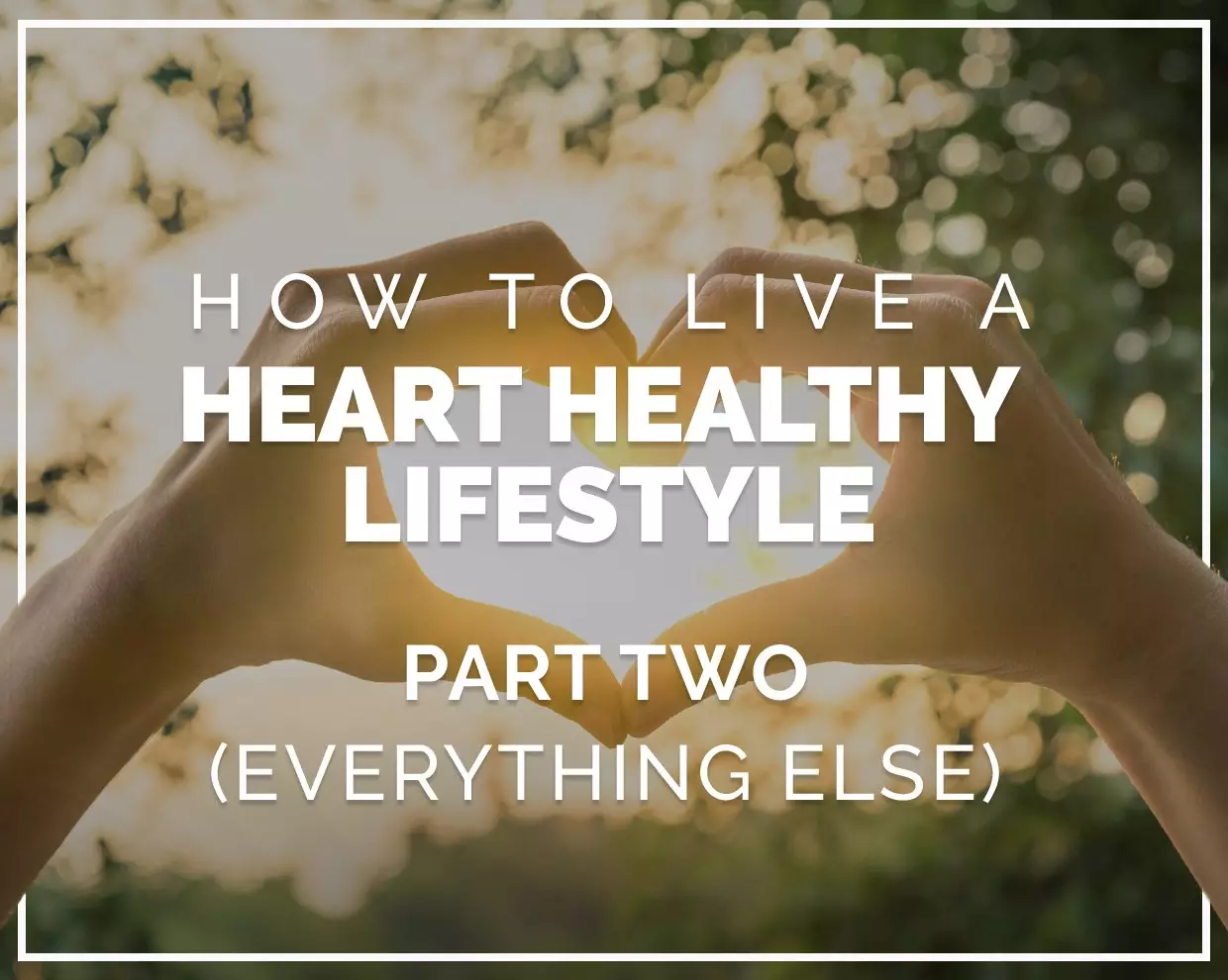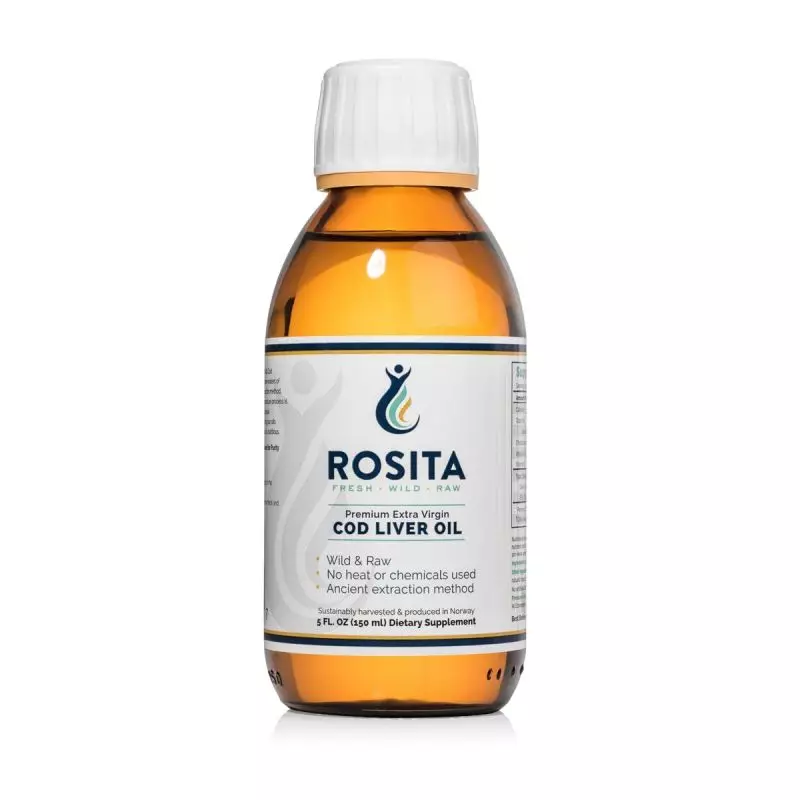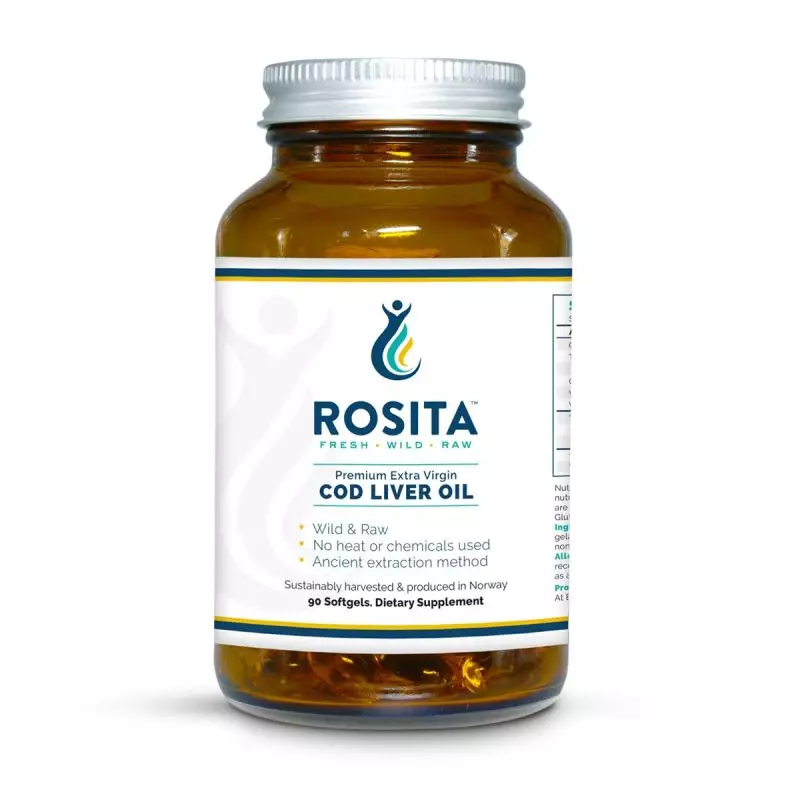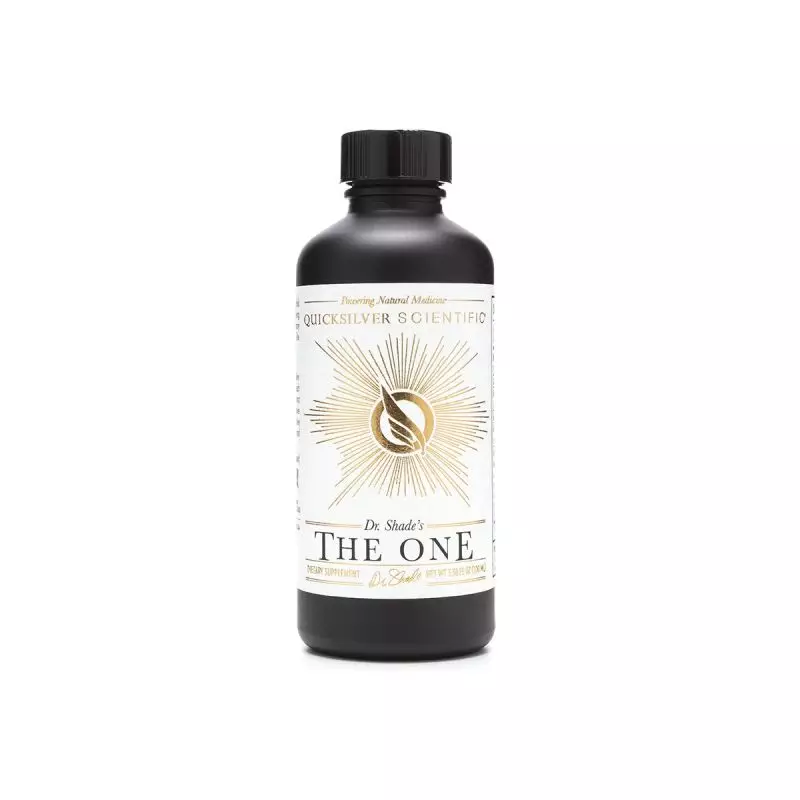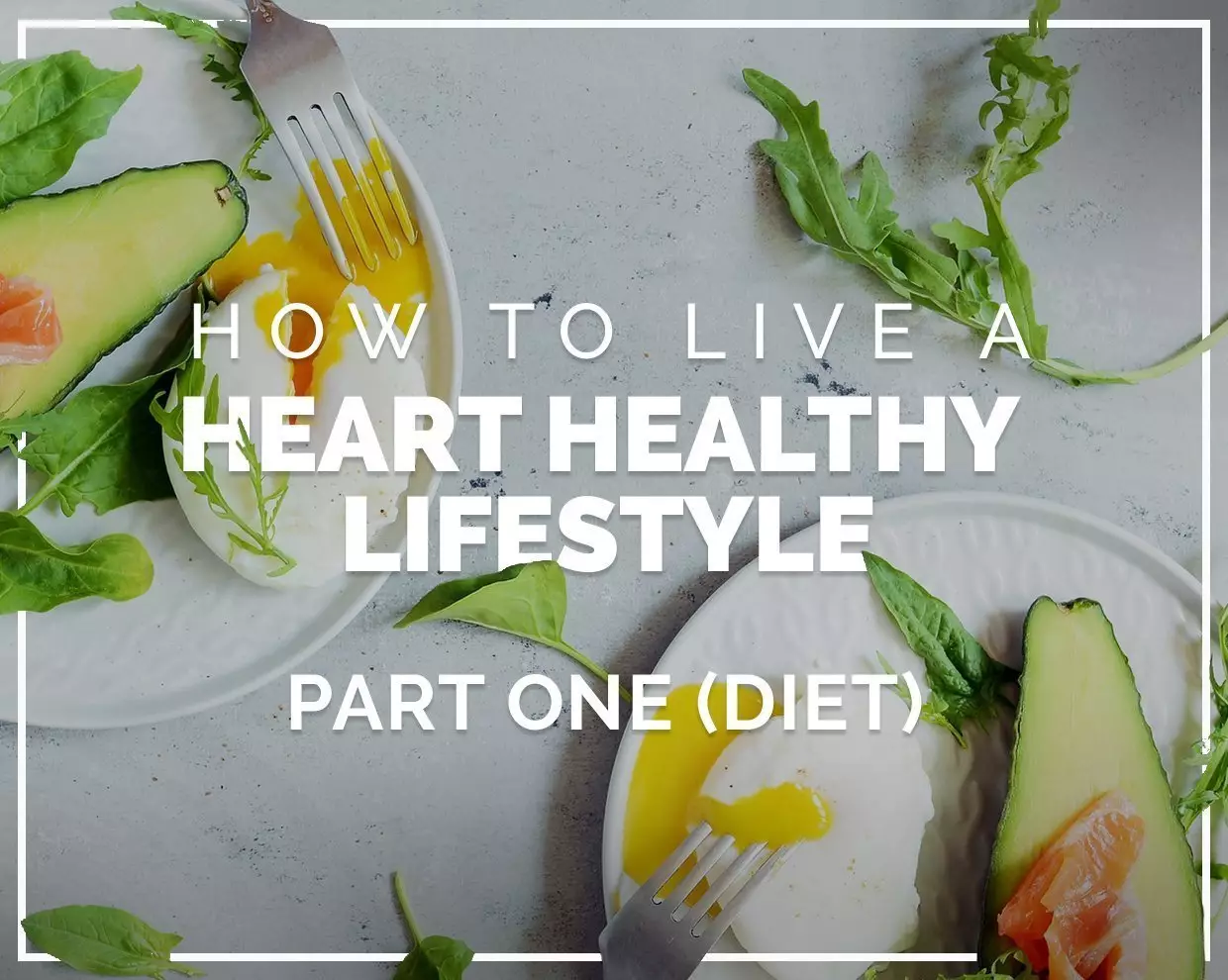Living a heart healthy lifestyle will give you the best protection against cardiovascular disease - an issue which affects millions of people and is the leading cause of death globally. From a functional health perspective there are five key pillars for a healthy heart and body - Diet, Rest, Exercise, Stress reduction and Supplementation also known as “the DRESS protocol*(1). In part one of this two part blog we covered Diet including the latest research on dietary cholesterol and saturated fats. This blog covers Rest, Exercise, Stress reduction and Supplementation as they apply to the health of your heart.
REST
Sleep debt is a major health issue in our modern 24/7 world. The amount of sleep you need is very personal, but anyone who is regularly getting by on less than seven hours sleep per night is at risk of being sleep deprived. There is good evidence to show that if you suffer from sleep debt in the long term this increases your risk of both hypertension and cardiovascular disease, with a recent study describing sleep debt as a “substantial hazard for cardiovascular morbidity and mortality”(2).
You may be wondering why sleep is so important to the health of your heart. When you are feeling tired you are much more likely to overeat, have a higher risk of developing obesity, insulin resistance and type II diabetes(3) - all of which play an important part in overall cardiovascular health. Research has also shown that sleep debt leads to deterioration of vascular structure and inhibits sympathetic nerve activity, causing a ‘sympathoexcitatory’ effect(4) which can interfere with your body clock and natural circadian rhythm.
The 24 solar cycle regulates many components of your cardiovascular system - your cardiac rhythm, the pace of your heart beat, blood pressure and breathing rate all show a clear day-night pattern. Shorter sleep times have been shown to increase your baseline blood pressure leading to hypertension.
A lack of sleep may in itself promote inflammation in the body, with a recent study finding that leukocytes (white blood cells) were higher in people who suffered from sleep deprivation(5). Additional studies have found that C-reactive protein - a marker for inflammation and cardiovascular risk was also higher in people who were getting insufficient sleep(6)(7). These studies highlight the impact that sleep loss has on your immune system response, with inflammatory markers directly increasing your risk of cardiovascular disease.
EXERCISE
The benefits of exercise to cardiovascular health are well known - people who get regular exercise lower their risk of coronary heart disease, stroke and all-cause mortality(8). Even 20 minutes of moderate exercise per day has benefits to the health of your heart(9).
Recent research has shed light on why keeping fit has such a protective effect to the cardiovascular system. Aerobic exercise such as walking, running or swimming stimulates the activation of genes involved in cell growth for cardiomyocytes - the cells that make up cardiac muscle(10) - which researchers now believe may provide a regenerative effect for the heart.
Unfortunately being physically inactive is now fairly common - a 2011 study looking at exercise patterns in 76 countries concluded that “One out of five adults around the world is physically inactive”(11). Lack of exercise is a serious modern health issue because of the strong link between inadequate exercise and disease. A recent study found there was “overwhelming scientific evidence… for physical inactivity as a primary and actual cause of most chronic diseases”(12), with a further study finding that a sedentary lifestyle is an “important cardiovascular risk factor”(13).
The type of aerobic exercise also makes a big difference to heart health outcomes, with a growing body of evidence showing that High Intensity Interval Training (“HIIT”) delivers the most benefit when compared with continuous aerobic training. A recent systematic review comparing HIIT with medium intensity aerobic exercise showed HIIT was superior in terms of cardiorespiratory fitness, improvements in Vo2 max, heart function, mitochondrial biogenesis, insulin sensitivity and glucose regulation(14). .
What matters most in terms of exercise and the health of your heart is finding a way to keep fit in the long term. There is no ‘one size fits all’ when it comes to exercise, and we believe each person should have a bespoke and personalised plan to suit their overall health, goals and lifestyle. Our health coaching service can provide a realistic exercise plan which would usually include strength work, cardio/HIIT training, stretching and lengthening of your body.
STRESS REDUCTION
The relationship between stress and heart health has been studied extensively - a search on PubMed will find more than 40,000 citations on this subject(15). Both short term stress and chronic stressors can trigger cardiac events, although whether there is a causal role is not fully understood.
What we do know is that your physiological response to stress elevates cortisol, the so-called ‘stress hormone’. Cortisol effects all key parts of your biology including blood pressure, heart rate and body temperature. People with ongoing or chronic stress may find their cortisol levels remain elevated for unnaturally long periods of time.
A major piece of research into heart health known as the INTERHEART study(16) looked more than 24,000 people from 52 countries around the world including the impact of stress on the heart. The researchers included work stress, stress at home, financial stress and stressful life events and found that the presence of these major stressors was associated with myocardial infarction (heart attacks) and heart disease.
Some stressors may be unavoidable but identifying and reducing stress will help to reduce the risk of a cardiac event. Making lifestyle changes and tapping into proven stress reduction techniques like meditation, yoga or spending time in nature can help to manage cortisol levels and overall stress. We wrote more about science-backed stress reduction techniques on our recent blog Stress reduction.
SUPPLEMENTATION
In an ideal world we would be able to get all the heart healthy nutrients we need from a our diet. (We talked more about heart healthy foods in part one of this blog). Unfortunately given the limitations of our modern food system, many of us suffer from unintentional nutritional deficits despite our best efforts. There are five important supplements which all play a role in cardiovascular health:
- Magnesium - Although magnesium is one of the most abundant minerals on earth, monocropping and soil depletion have reduced our natural uptake of minerals from the foods we eat. Magnesium is one supplement that we believe most people would benefit from and has been shown to reduce the risk of cardiovascular disease(17). We wrote more about magnesium here.
- EVCLO - one of nature’s best sources of key nutrients Vitamin A, Vitamin D and long chain Omega-3 fatty acids, which are important contributors to heart health, mental health and a strong immune system.
To find out more about our range of supplements or to arrange a free 15min consultation please get in touch on our health coaching page.
References:
2. Sleep Duration and Cardiovascular Disease Risk: Epidemiologic and Experimental Evidence
3. Sleep loss: a novel risk factor for insulin resistance and Type 2 diabetes
4. Sleep Duration and Cardiovascular Disease Risk: Epidemiologic and Experimental Evidence
5. Immune, inflammatory and cardiovascular consequences of sleep restriction and recovery.
6. Sleep restriction increases the risk of developing cardiovascular diseases by augmenting proinflammatory responses through IL-17 and CRP
7. Effect of sleep loss on C-reactive protein, an inflammatory marker of cardiovascular risk.
8. Exercise, Heart and Health
9. THE HEALTH BENEFITS OF PHYSICAL ACTIVITY AND CARDIORESPIRATORY FITNESS
10. What do we know about the cardiac benefits of exercise?
11. Worldwide prevalence of physical inactivity and its association with human development index in 76 countries
12. Lack of exercise is a major cause of chronic diseases
13. Cardiovascular benefits of exercise
14. High-intensity interval training versus moderate-intensity continuous training within cardiac rehabilitation: a systematic review and meta-analysis
15. Psychological Stress and Cardiovascular Disease
16. INTERHEART — a global study of risk factors for acute myocardial infarction in 52 countries
17. Dietary Magnesium and Cardiovascular Disease: A Review with Emphasis in Epidemiological Studies
18. Coenzyme Q10 for the treatment of heart failure: a review of the literature (British Medical Journal)

 UK Store
UK Store  NZ Store
NZ Store AU Store
AU Store EU Store
EU Store

